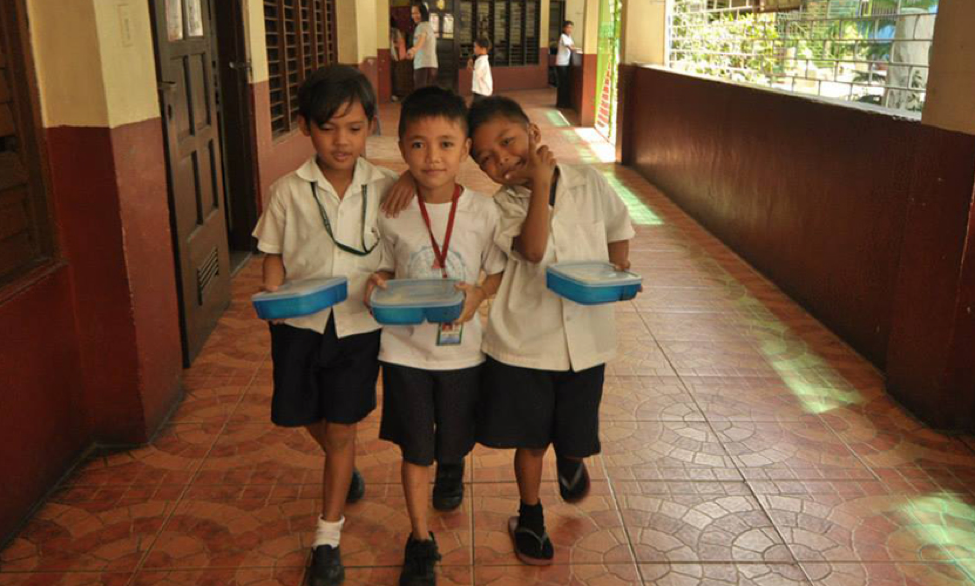
Valenzuela City Congressman Win Gatchalian is pushing for the immediate passage of his “Nutri-Skwela Act of 2015” to address malnutrition among schoolchildren, following a survey by the Social Weather Stations (SWS) showing self-rated hunger in the country only dipped at a snail’s pace in this year’s 2nd quarter.
The latest survey, taken from June 5 to June 8 with 1,200 adult respondents nationwide, showed that self-rated hunger slowly moved to 12.7 percent from 13.5 percent in March.
The latest total figure translates to around 2.8 million hungry families, or around 2.4 million families who experienced “moderate hunger” plus 431,000 families who went through “severe hunger”.
Related News: Poe teams up with Gatchalian in nationwide feeding program in schools
While the Palace celebrated the SWS poll results, Gatchalian expressed concern especially for the children of such families, saying hunger will affect children’s health and their concentration in school.
“Ultimately, it will affect how they will succeed later in life,” said Gatchalian, a majority member of the House Committee on Basic Education and Culture.
“Getting the right amount of food with the right nutrients, although largely overlooked by policymakers, plays a significant role in breaking the intergenerational poverty cycle,” he added.
The United Nations World Food Programme said hunger “can lead to malnutrition”, warning that because of malnutrition “physical work becomes problematic and even learning abilities can be diminished.”
The Nationalist People’s Coalition (NPC) congressman said malnutrition and future prosperity are linked, citing a 2007 study titled “Developmental potential in the first 5 years for children in developing countries” that showed children who are malnourished earn 20 percent less as adults compared with well-nourished children.
Related News: ‘Nutribun’ revival pushed in the House
The organization Save the Children cautioned in their 2013 report titled “Food for Thought” that “malnutrition can act as a big barrier to economic growth.”
“Estimates suggest that in low- and middle-income countries, the impact of malnutrition could decrease GDP by between 2 percent and 11 percent. This is partly a result of its impacts on educational development – as well as on physical productivity and health,” said the group.
The Valenzuela City solon aired a similar warning, saying: “If the government does not enact measures that would significantly address hunger and malnutrition, the children’s earning capacity as adults will be affected and so will be their contribution to the country.”
Gatchalian’s House Bill No. 5348, also known as the “Nutri-Skwela Act of 2015”, will institutionalize feeding programs distributing free meals to concerned children in schools around the country.
It aims to establish the Philippine Basic Education Nutrition and Performance Acceleration Program to ensure that children enrolled in daycare pupils, kindergarten, and Grades 1 to 6 in all public educational institutions nationwide will be able to access at least one free meal on each school day of the academic year.
Children whose daily academic program lasts for more than five hours will be eligible to receive two free meals. City and municipal nutrition committees will be responsible for the purchase of food and for the logistical and organizational concerns of the program. (Monica Cantilero)


